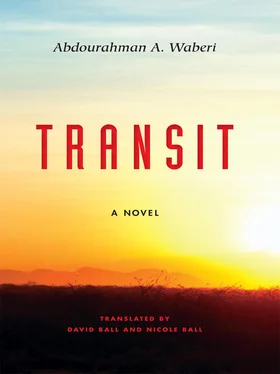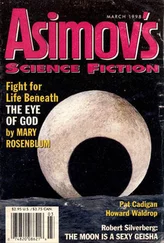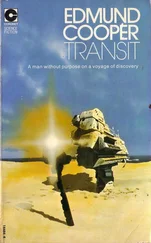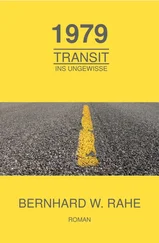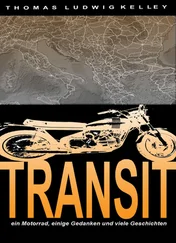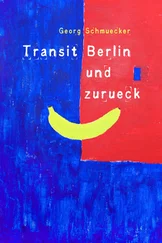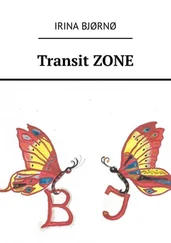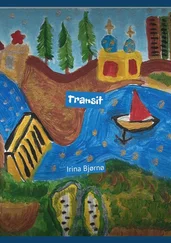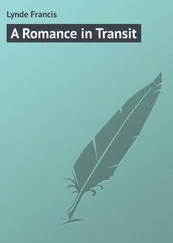WAR'S GOOD FOR LIVING, I mean for making a clean, simple living. How many dead? Why all that? Never again? Forget that debate there, too-too empty. On the front, morale of troops not so good. First of all our chiefs are real morons right out of the Sheraton casino, the greedy Hindi's place. Chiefsthere, OK they pros at restoration, but in battle I give them a flat zero. They bungle it in front of goalposts, right away the enemy screws us in the penalty kick zone an we KO standing up. Worst, every Thursday, they offside. They say yah, we go to the capital, get orders. They give us that to make alibi but they live it up out there at the Sheraton or Tonnelles dance hall inside the thighs of the girls an all. Fridays, they come back tired out like ole boiled chewngum, they stay on the sideline. They don't talk, they fall into big sleep. After that, the Scud, they understood that an fast, cause they had spies in town watching chiefs' little game. Scud, crazy mad for generations. So they attack, bite into the ball like starving hyena. They move down to our side of the field, an us we retreat all the time. So, battle, real simple, like soccer. You retreat, enemy attacks through center and wings. You take a wicked beating. That the story of first half in that civil war-there. Scud scored points. Us, we stuck inside the towns. We play defense in Tadjoura, Obock, Yoboki. When we made little timid attack, bang they sound big alarm. Look, look, they holding population hostage, representatives of the Scud they shout from Yemen and Paris. Open parenthesis. Go fuck self. You got balls, come back to Djibouti. We gonna bomb your Wadag neighborhood of Ambaba. You lousy immigrant bum! Close parenthesis, thanks.
So, us, we defended by kicking the ball out of bounds. We put barbwire an anti-personnel mines all around towns. Daytime, we were the chiefs. Nighttime, they were the boss. (That English, I think, right?) It went on like that for the whole first half. Real joke was when president an big politicians in Djibouti they said the Scud not native. They Ethiopian an Eritrean adventurers. On the ground we crack up, we saying in silence: hey president, you ain't ashamed of yaself? Yah yah yah, shut you big mouth! We just say that in silence. Him, the ole president, he had mouth full of bullshit. He came up with big-big words: adventurers, revanchists, illusionists. We listened on Aïdid's radio to Radio France Internationale. (RFI they boast too-too much, they call themselves world radio but who they ask if it true, huh?) Staff sergeant Houmed say in his Tarzan voice: turn that radio off, willya, an fast. The staff sergeant, he was perplex, on one hand he head a battalion of the national army, on the other he was Wadag and supported the rebellion a little, sort of. But he was good chief, honest an all. But wait, things are more complexed than that, Wadags not all rebels. Aïdid for example, his mother Wadag even if he don't understand a thing she say. Haïssima, his father's the Wadag; Haïssima (now that true Wadag name even) he kind of know how to talk patois, that can help in battle. Long story short, let's be serious, half the goverment Wadag. The prime minister of the old president an the new president, the one who been riding horse for a long-long time, Wadag too. He from around Yoboki, I had my first battles there. That where I also did my three months' basic training with real instruction officer, not like the other moron. Where I learned how to march, crawl under barbwire, use weapons, how to prepare ambush, how to pick up secret messages on complicated frequencies (that's how I know secrets, you got that), how to get away before you get wicked red card, etc.
To get back on subject. Oh yah I was saying: Wadags or not Wadags, not the problem. All that's politics, I'm telling you. In a lot of neighborhoods of the capital, in Einguela, Ambouli, Districts 1, 2, 4, Plateau, etc. Wadags, Walals, an Arabs, we all mixed, with plenty Hindis an even some Whites married to our girls, or just weirdos. And then, in the Dikhil district, between Wadags an the others it's fifty-fifty (that English, I speak it a little-little. Learned it when I worked in front of the American Embassy, I'll tell you about that later. I know how to talk English an that's that, OK?). So, I was saying: Wadags, tribes an all that, not a problem. Problem is dirty tricks, corruption an politics. You know, Restoration! When I was in the belly of my departed mama, they say: yah yah Wadags too-too mean. Ali Aref, the chief of goverment cabinet right under white chief (High Commissioner of the Republic, that's how they called him. Me, I thought Republic was only the name of boulevard in Djibouti), he was Wadag and used to kill all the Walals who worked for independence. All the young guys supposed to be activists, they pigged out on a bullet in the belly nice an quick. Next morning they find the bodies naked in the mangrove swamp, near the supermarket. The old politicians under thumb of the colonialists they went yum-yum in the Chamber of Deputies. So Ali Aref and his clique they civil goverment and the Walal chiefs (hey, not all!) they the rebels. Me I say, don't throw oil on the fire. Gotta stop that talk-there. All that, just ole folks stuff. Us, we don't care. Anyways, we weren't alive yet, we were in Mama's belly wriggling around all the time waiting our turn to come outside mama. You remember what was going on when you were inside your mama? So there!
I'M CURIOUS about everything. As soon as the door opens a crack, I slip like a little mouse into Papa's library, where the caramel smell of his Amsterdamer is floating in the air, and search through the jumble of papers and newspaper cuttings. Old copies of the Réveil , recent issues of La Nation , the governmental weekly, communiqués of the Scud that reach him through secret channels, l'Ensemble of the Fearless Opponent and the brand new regional bimonthly Nouvelles du Pount that friends brought from Paris are all piled up on the floor. It's a shambles. Oh, and there's an old adage — I don't remember who wrote it: tell me what's in your library and I'll tell you who you are. But enough of that. I unfold a newspaper and I go through it for hours on end. It puts a stop to teenage games and laughter with my neighborhood buddies, the family of Papa's colleague Guelleh Hersi included. I really don't care. I hardly register fifteen on the speedometer and I'm not done telling you my crazy stories. Once I've finished reading the papers I stay there dreaming for a while. These are the times when my mind rises and frees itself from all its bonds. It whirls around so deliriously I grow faint. It's an aircraft carrier where only fertile mirages take off, a cloud-bird huge as a whole world. Through the twisting, mysterious paths of my imagination, I often succeed in linking some of the names repeated in the newspapers to street names I manage to decode on the few commemorative plaques that are still legible, or to the names I catch in the course of an argument between adults. No way I'll interpret an anecdote or the fragment of a story I intercept here and there as a single piece of music, a score established once and for all. I now know (but who can ever be sure with me — you're so singular and evanescent, Papa would say) that Aboubaker Aref and Houmed Dini are among the first important people who went to sign agreements with the Emperor Napoleon over a hundred and fifty years ago. I also know that Grandpa used to play just one record — but what a record! Oum Kalsoum giving a masterly interpretation of Anta Oumri: sixty minutes of pure bliss. I noted that the Bank of Suez on Place Menelik, where my parents go so often — my father, once again, would say that some adults draw the water of their own well-being from the success of their clan — has something to do with a story that fascinated me for weeks on end: the odyssey of the Frenchman Ferdinand de Lesseps opening the canal of the same name through his pugnacity, trickery, and flexible spine. But did I know that the fiery lawyer who just yesterday publicly challenged the authorities in Djibouti is also a descendant of the pasha that Napoleon invited over for tea? The name Napoleon sounds like an animated cartoon character lost in a fabulous land like Tarzan's savannah, Aladdin's magic lamp, or the enchantments of The Jungle Book. My two special heroes are Peter Pan and Don Quixote; Grandpa admired Saad Zaghloul, the Egyptian who headed the revolt against the English in 1919, I think, led his country to liberation and truly deserved his great equestrian statue in the middle of Alexandria.
Читать дальше
